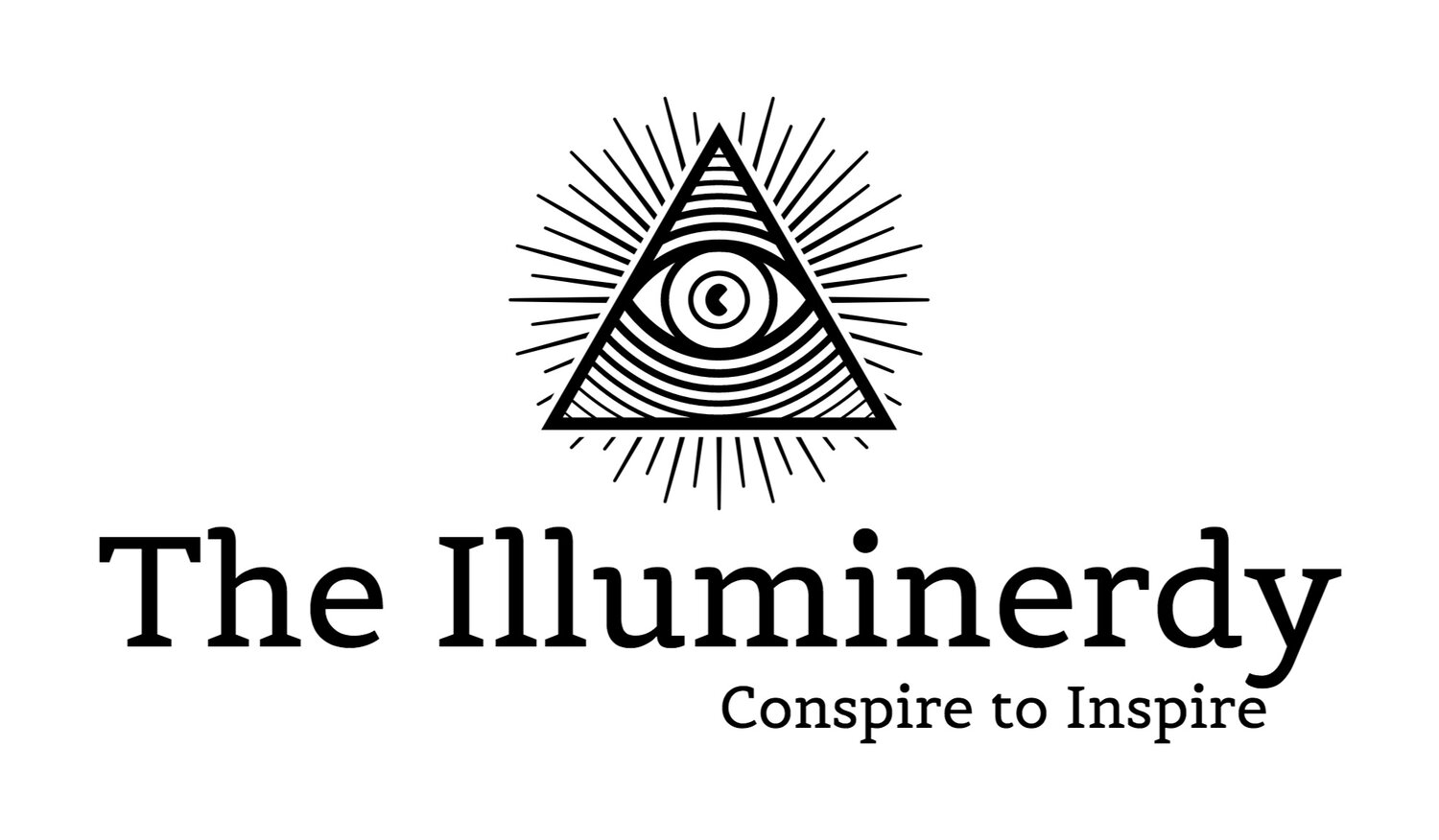Sharing your creations is one of the single most rewarding parts of GMing. Usually, this happens as your players bash their way through your carefully crafted adventures or traipse through your setting killing your carefully crafted NPCs. This is not, however, the only way to share your hard work. Sharing your world with other creators -- other GMs -- can be equally rewarding, albeit in a very different way. Depending on your position, it can allow your creation to grow in ways that you cannot have anticipated, or give you the opportunity to make part of someone else's creation your own. Opportunity Seized
This is, admittedly, sometimes difficult -- you've got a lot invested in each and every part of your game world (whether a complete homebrew or based on an established setting), and it can seem dangerous to risk some foul interloper coming in and messing everything up. You can mitigate this risk by seeking out trusted collaborators (for me, that's usually d20Blonde and Lucky Duke), but I think the risk to opening up your creations to other collaborators is often over-perceived.

As open, collaborative settings go, there are few more attractive than the famously over-the-top Dino-Pirates of Ninja Island, created by my good friend Corey Reid. Corey's world is detailed enough for an aspiring GM to pick up on all the right themes and villains, but still has tons of space for unique contributions from others (which you are welcome to do via the Dino-Pirates of Ninja Island wiki).
A glorious mash-up of a fantasy Asia (complete with ninja clans and eunuch sorcerers), dinosaur-filled lost worlds, and the swashbuckling golden age of European piracy, the Dino-Pirates setting has something for just about everyone (and more than just something for most!). So, when Corey asked for help in running a multi-session, mini-campaign using his creation at Gen Con 2011, I jumped at the chance!
Go Big or Go Home
Although Dino-Pirates of Ninja Island was designed for use with a slightly modified version of Green Ronin's True20 system, Corey himself has run games using other systems, including Kirin Robinson's excellent (and ENnie nominated) Old School Hack. Inspired by the obvious flexibility of the setting, it became pretty clear that although we were all committed to contributing to a common story in the framework of a shared world, our strengths as GMs would ultimately lead us to contribute to the game in different ways. As a result, the mini-campaign is currently set to include adventures in at least 4 different systems -- my particular corner using Green Ronin's Mutants & Masterminds superhero RPG.
My part of the game is actually the end -- the finale -- which means I need to be ready to roll with the punches as literally dozens of players across the best four days in gaming twist our roughly-planned plot out of shape. All that said, I still need to be able to deliver a satisfying climax for an already exciting event. Obviously, the only way to deliver that in a game that already features dinosaurs, ninjas, and pirates is to add powerful Kaiju and ancient Mecha. Duh.
As with any con game, identifying a clear niche for each PC is important -- everybody needs to have a semi-unique hook in the game, since there isn't time for in-depth character development. However, because of the nature of this particular shared world and the short campaign I'm contributing to, I can't be positive which characters will survive to the end, or where their loyalties will ultimately lie. Rather than trying to cover all possible end-states, I decided to sidestep the issue. The actual statistics used in the final battle are for characters more akin to forces of nature than real personalities. Players will be able to control these ancient monsters and demi-gods, but their own abilities will take a backseat to those playing out in an epic-scale battle royale. The players bring their experience from the previous session(s) and their resulting motivations. I bring the monsters.
